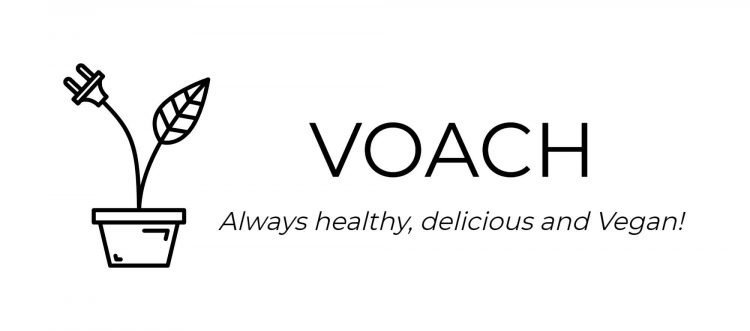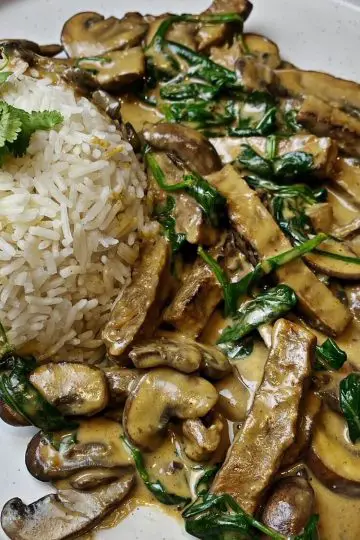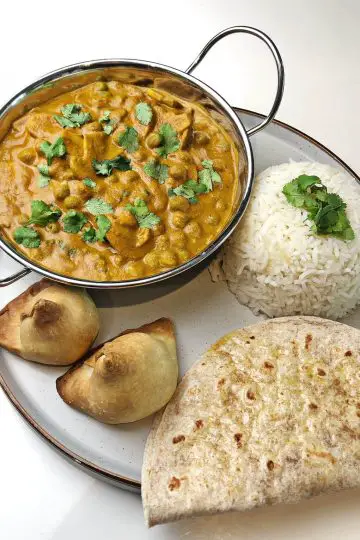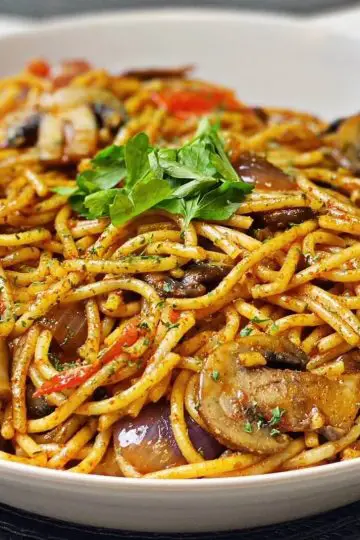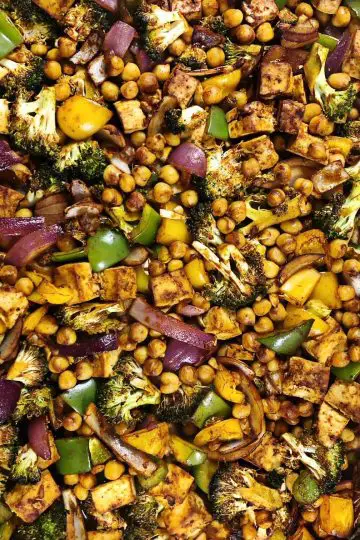The number of people choosing to reduce their consumption of animal products and incorporate more plant foods into their diet is growing by the day. As a result, more people are choosing to label themselves as ‘plant-based’ or ‘whole food, plant-based’, while others use the label ‘vegan’ to describe their diet as well as their lifestyle.
This has invariably led to many people asking the question: “What’s the difference between vegan vs plant-based diet?”.
And I can see why. These terms are relatively new in the English vernacular, are constantly evolving by the day, and increasingly mean different things to different people. There is also such a close link between these terms that people think vegan and plant-based mean the same thing.
However, there are some important distinctions between the terms ‘vegan’ and ‘plant-based’ when it comes to describing ones diet, as well as ones way of life and ethical compass.
So let’s get to the bottom of it!
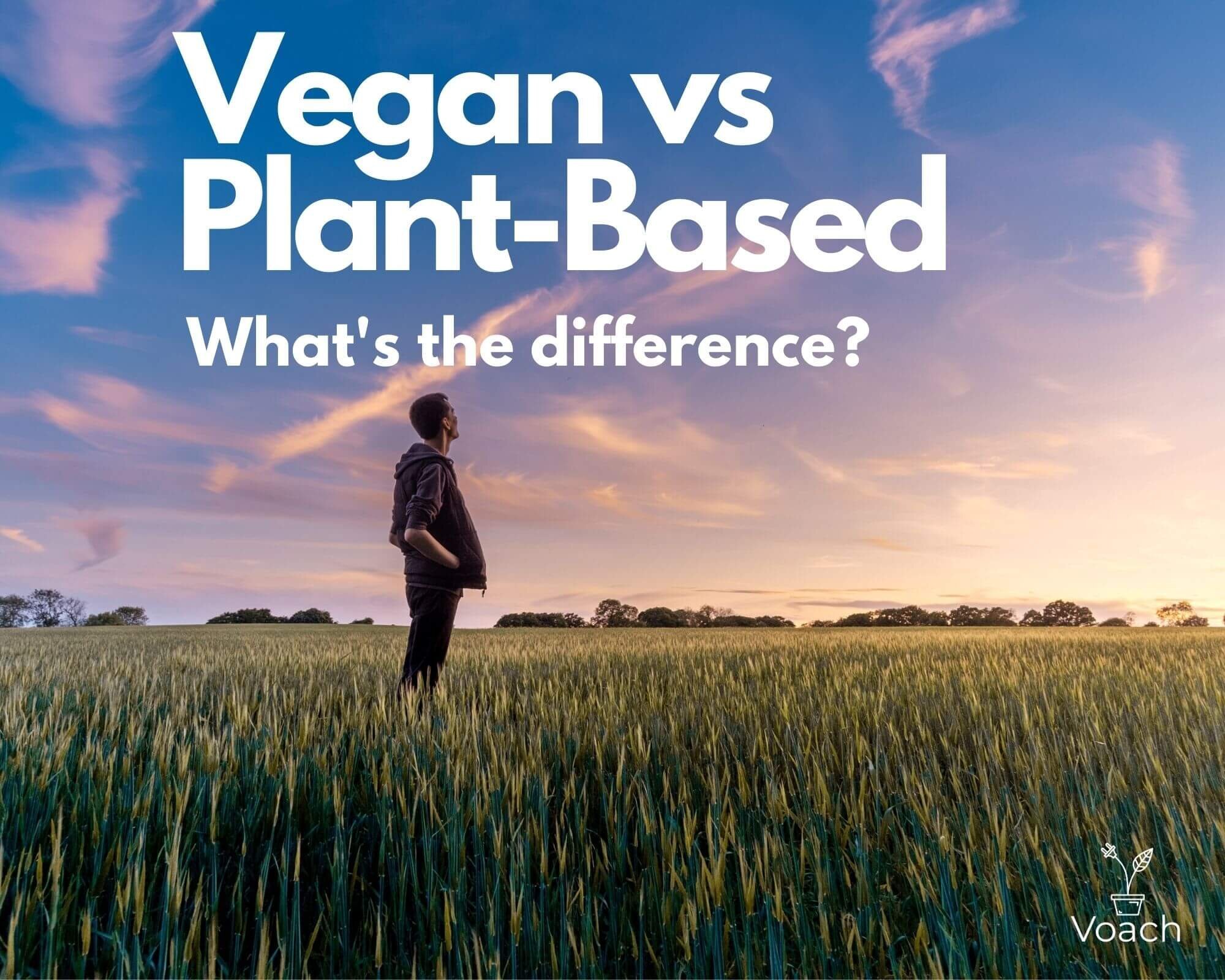
What is the difference between a vegan diet and a plant-based diet?
‘Plant-based’ refers to ones diet, which wholly or predominantly consists of plant foods and avoids animal and animal by-products. A ‘whole foods, plant-based’ diet also avoids refined and highly processed foods. A ‘Vegan’ diet consists solely of plant foods and excludes any and all animal and animal by-products. A ‘whole food, plant-based vegan’ diet also avoids refined and highly processed foods.
Moreover, veganism is an ethical belief that extends beyond the scope of one’s diet. It also applies to every lifestyle choice one makes which seeks to exclude, as far as is possible and practical, all exploitation and cruelty to sentient beings – including such as health, environment, clothing, entertainment etc.
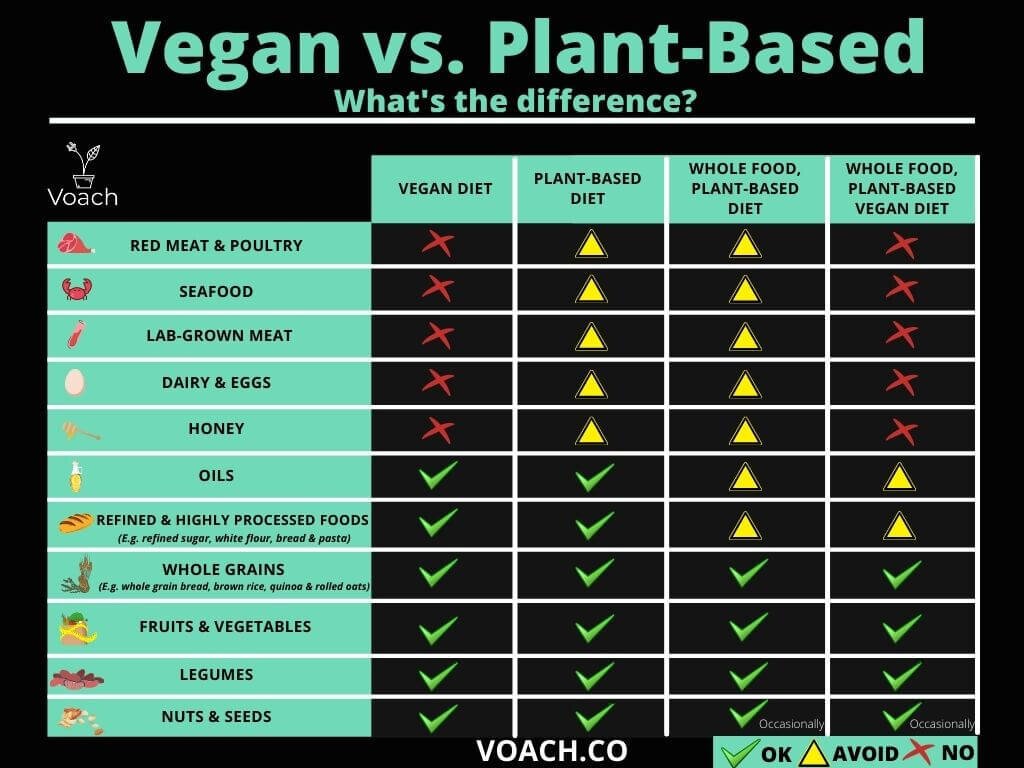
As you can see, this is a brief description of the differences between plant-based and vegan diets. However, it is useful to dive further into these differences in order to clearly and comprehensively define what each of these terms mean in the public forum.
So let’s start with the term vegan…
What is a vegan?
The term “vegan” was first coined by Donald Watson in November 1944 as a way to more accurately describe ‘non-dairy vegetarians’. [1] Interestingly, they decided on the word “vegan” as it contained the first three letters and last two letters of the term ‘vegetarian’, thereby marking the “beginning and end of vegetarian“. Pretty clever, right!
From this, the definition of the word ‘vegan’ was expounded upon in 1949 by Leslie J Cross to also “seek an end to the use of animals by man for food, commodities, work, hunting, vivisection, and by all other uses involving exploitation of animal life by man”.[2]
The definition that encapsulates the fundamental principles of veganism best, and predominantly used by proponents of veganism, is via The Vegan Society as follows:
“Veganism is a philosophy and way of living which seeks to exclude—as far as is possible and practicable—all forms of exploitation of, and cruelty to, animals for food, clothing or any other purpose; and by extension, promotes the development and use of animal-free alternatives for the benefit of animals, humans and the environment. In dietary terms it denotes the practice of dispensing with all products derived wholly or partly from animals.”[3]
As you can see, the meaning of ‘veganism’ is one which not only relates to diet, but all aspects of the human existence and a philosophical way of living in the modern society on a daily basis that causes the least amount of harm to animals as far as is possible and practical. This also includes life choices relating to health, environment, clothing, entertainment etc.
Accordingly, the term vegan viewed in the prism of dietary choices (more precisely, the ‘vegan diet’) is one which consists of only plant foods and completely abstains from animal derived foods in their entirety at all times; including dairy, meat, poultry, fish, eggs and honey.
It is important to note that a vegan diet is not always a healthy diet. There are a growing number of processed plant foods which are suitable for vegans. However, having healthy diet is not the foundation of a vegan diet – it is the well-being of sentient beings.
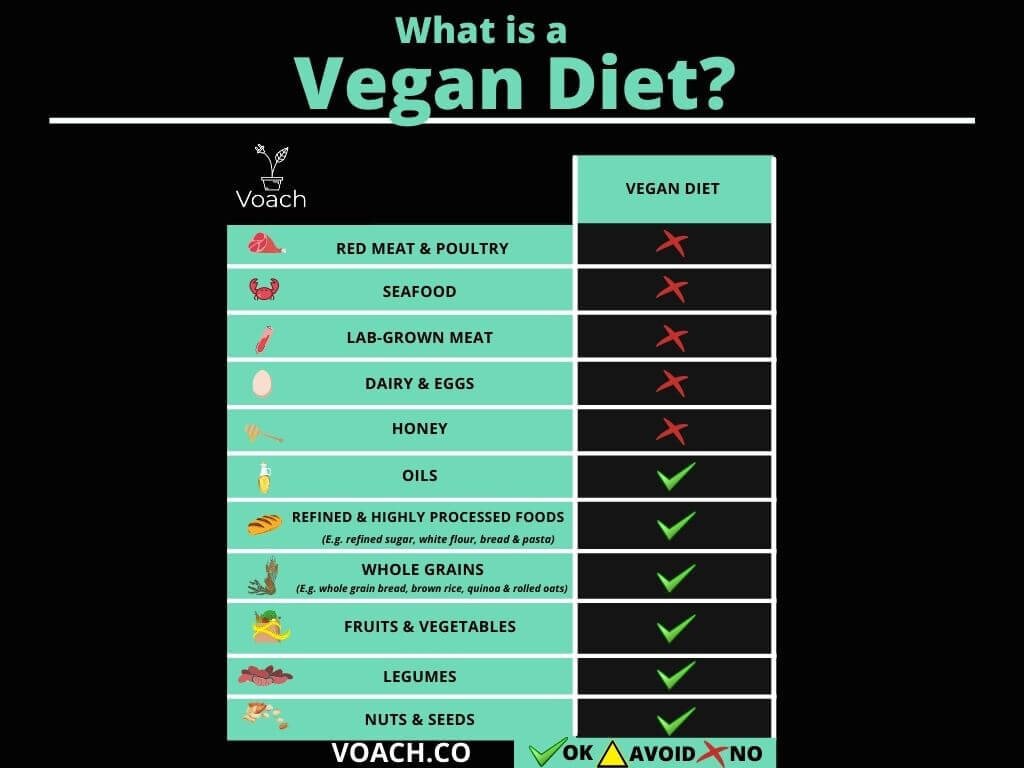
What is a Plant-based diet?
The term ‘plant-based’ was first coined by T. Colin Campbell, PhD in 1980 (the co-author of the famous China Study) in a meeting relating to research funding, as a way to describe a diet which is high in fiber, low in fat, predominately plant-based diet and avoids animal derived products, without invoking the ethical ideologies associated with vegetarianism (as this was not an accepted idea in professional communities at the time). [4][5]
Interestingly, he didn’t even know of the term vegan at this time! His focus was on health, and not ethics – which is why plant-based is not a euphemism for vegetarian or vegan.
Accordingly, a ‘plant-based’ diet is one which wholly or predominantly consists of plants, including vegetables, fruits, wholegrains, legumes, beans, oils, nuts, seeds and processed plant-based products whilst avoiding animal-based foods.
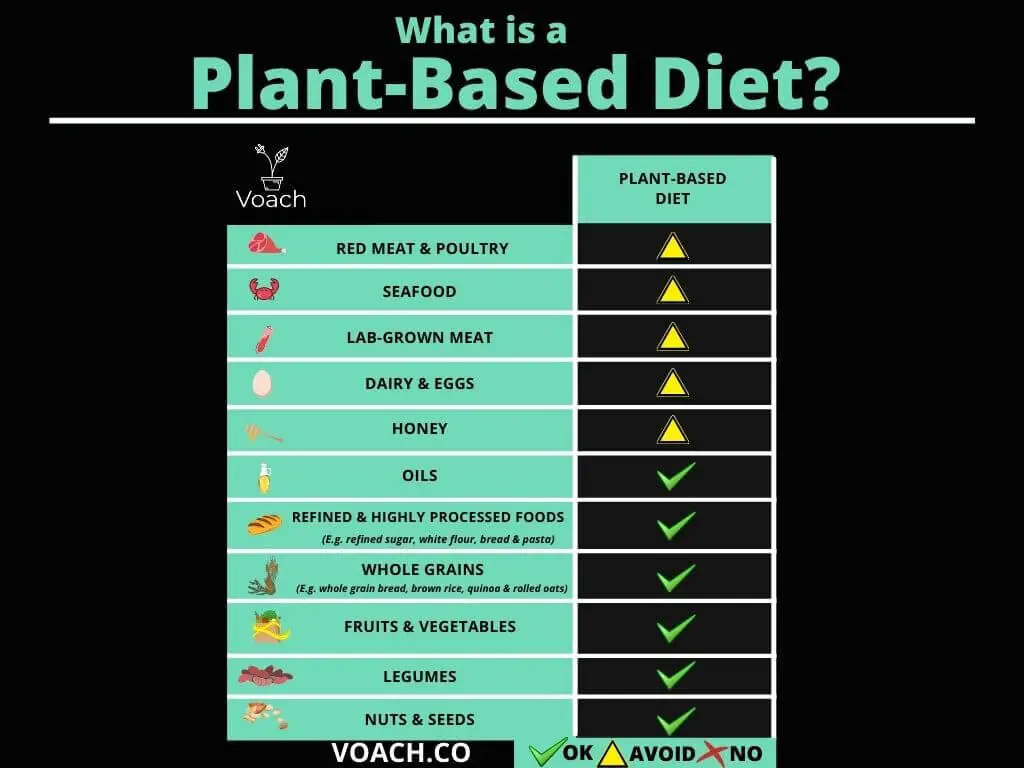
What is a Whole Food, Plant-Based diet?
For this, we turn to T. Colin Campbell once again.
A few years after coining the term ‘plant-based’, he added the words ‘whole foods’ at the start to clarify that the diet he was promoting was one based on whole plant foods, rather than isolated nutrients, oils, processed plant foods and refined carbs. [6][7]
This distinction has become even more necessary over the past 10 years with more people choosing to switch to a plant based or vegan diet with a higher consumption of processed and refined vegan food products whilst eating fewer whole plant foods.
So to summarize, a whole food, plant-based diet primarily consists on whole and minimally refined plant foods whilst which avoids or minimizes oils, highly processed plant foods, refined carbs and animal-derived products. Accordingly, this diet is one which centers around fruits, vegetables, whole grains and legumes in their natural state.
A whole food, plant-based diet is a healthier, more optimal diet for the human body to a plant-based diet as it incorporates more nutritionally-dense whole plant foods and less refined and processed foods.
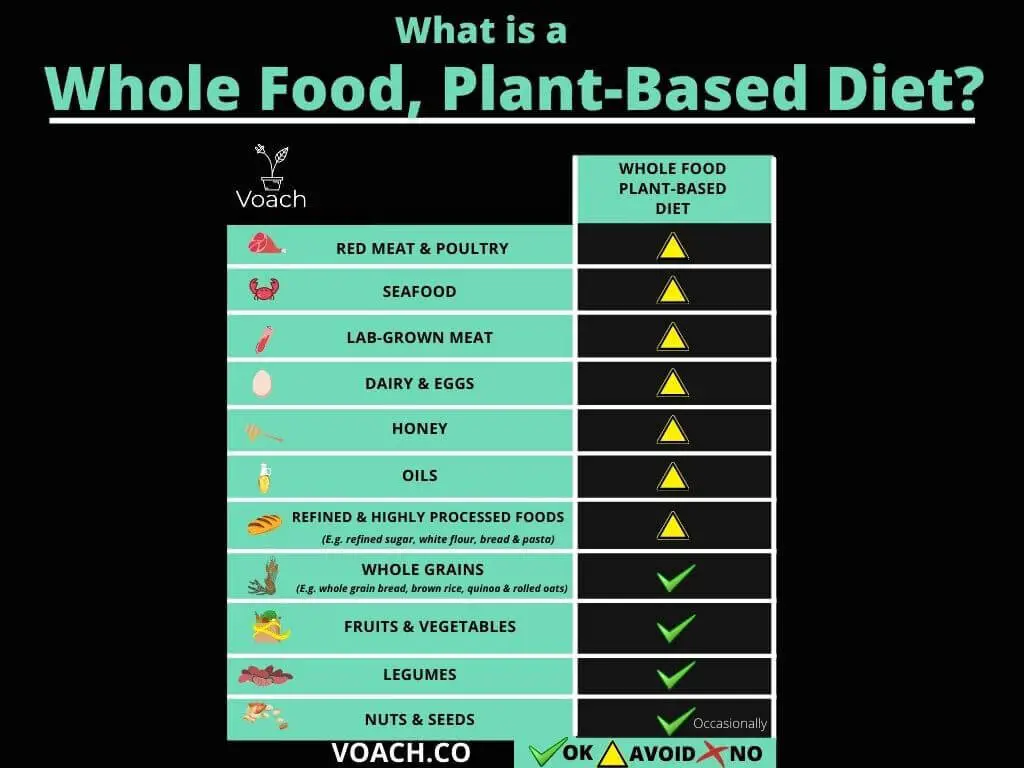
Is Plant-based the same as Vegan?
Contrary to what some people may think, being plant-based does not mean the same thing as vegan. It is not a euphemism for vegan without using the word ‘vegan’.
What makes it so problematic is that the term ‘plant-based’ has morphed into various meanings over time, which people sometimes use synonymously with a vegan diet.
As an illustration, the authors of this review found that in the scientific literature, the term ‘plant-based’ was categorized 9 different ways (with 20% of the studies using the term, but not defining it). In particular, 20% of the studies using the term, but not defining it and another 20% used it as a synonym for a vegan diet without clearly defining it.[8]
And then sometimes people are adhering to a vegan diet, but calling themselves plant-based, as they do not adhere with the entire ethos of veganism in all aspects or simply want to highlight that their decision is health based and not related to animal rights.
Get’s confusing, right?
Just remember the main distinction from the original definition of the term ‘plant-based’ with the vegan diet is that the plant-based diet avoids, but does not entirely exclude, animal and animal by-products – and does not encapsulate the ethical principles, nor the other lifestyle choices outside of diet, related to veganism.
And no matter which form of ‘plant-based’ people choose to define their diet, the crux is that plant foods are the focal point of their meals.
What’s the difference between ‘avoid’ and ‘no’?
A common question that gets raised in these discussions is what the term ‘avoid’ actually means. As you can see in the tables, the main distinction is that the plant-based diet avoids animal products, whereas vegans have no animal products.
To avoid is to keep away from or stop oneself from doing. We avoid excessive exposure to the sun, we avoid awkward conversations, we avoid offending someone. But even though we may try to avoid these things happening, they still occur.
Accordingly in this context, people on a plant-based diet will avoid eating animal products, but they may still do so in small or trace amounts. Whereas vegans will outright refuse to eat any food that may contain animal products, even in small or trace amount.
A good example of this is with Burger King in the UK. They have recently released a new ‘Plant-Based’ Whopper burger, which some people assume is vegan as all its ingredients are plant-based. However it isn’t vegan, as it’s cooked along side the meat products [9]. In contrast, the new Vegan Royale Burger is vegan as all its ingredients are plant-based and has been certified by the Vegan Society as it’s cooked separately from the meat products and therefore has no cross-contamination [10].
This is of course just one example. However I do find it useful as it does highlight the important difference that, although something may be wholly or partly plant-based, it may still contain animal products and therefore not be suitable for vegans.
An example such as this is also important to consider as this is how large corporations and food producers view the differences between plant-based and vegan. So for vegans shopping and coming across something advertised as ‘plant-based’, it’s always wise to check as it may have some small amount of animal products.
Can you be Vegan and Whole Food, Plant-Based?
Yes it is possible to be vegan as well as whole-food, plant-based! A whole foods, plant-based vegan diet is the vegan diet which also excludes refined and highly processed plant foods.
So how to people get to this point? Well, it can materialize either way.
Most vegans abstain from animal products for ethical reasons [11] and, after experiencing the health benefits of eating more plant foods, will incorporate healthier whole foods, plant-based foods in their vegan diet whilst minimizing the processed vegan foods.
Conversely, someone who chooses to eat a whole foods, plant-based diet may expand their knowledge and learn about the other reasons and benefits of abstaining from animal products in other facets of their lifestyle. This can range from the environmental benefits, improved sustainability and food availability, and reduction of animal suffering caused by the animal agriculture industry in other non-food related areas of commerce.
So being whole foods, plant-based and vegan can be a perfect marriage! Whichever way you may get to this point, the end result is the same. You will be incorporating a healthier diet consisting of whole plant foods and reducing, as far as is possible and practical, all forms of animal exploration.
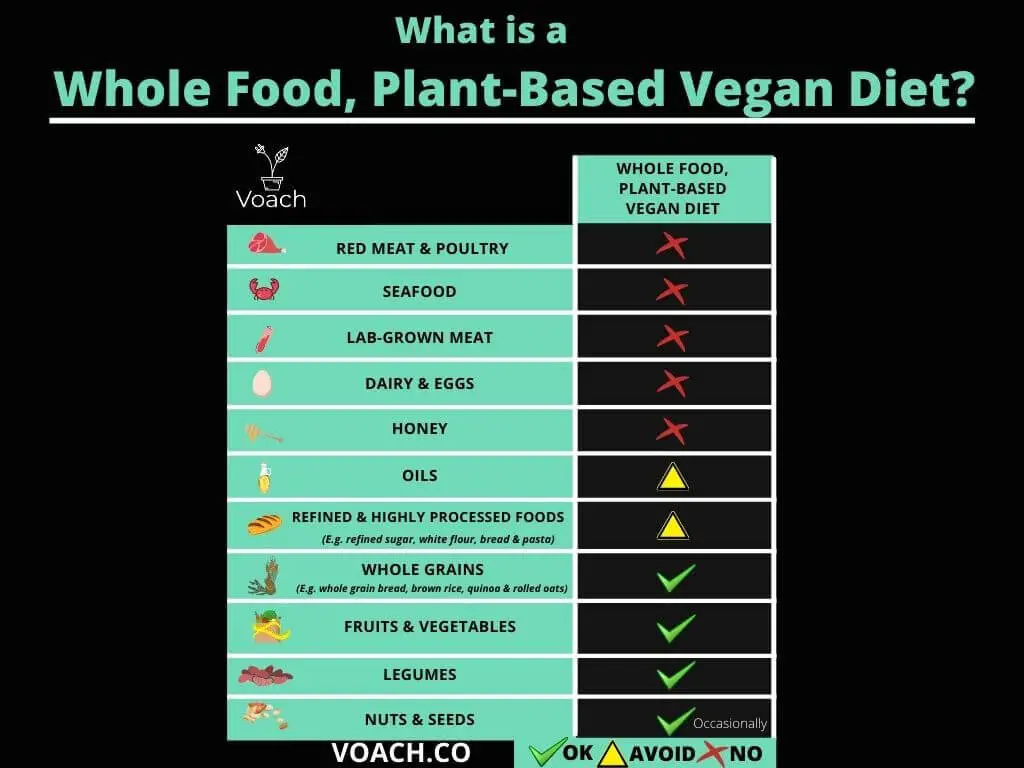
Is lab grown meat vegan?
Lab grown meat is still meat, and is therefore not considered vegan.
As the vegan diet excludes the consumption of animal and animal products as much as possible and practicable, this by extension includes lab grown meat as it’s derived from animals and isn’t necessary for us to consume.
Briefly, lab-grown meat currently requires the stem cells from animals (via a biopsy) as well as animal-based growth medium (where the cell grows) and scaffolding (to hold the shape of the lab grown meat) to produce it. [12][13]
Now, in the future, it is possible that self-renewing stem cell lines are developed whereby there would no longer be any need to take fresh cells out of an animal to produce lab grown meat.
Additionally, the growth mediums and scaffolding required to cultivate such lab grown meat could also be wholly plant-based – which is the case in some instances (largely from algae and mushrooms). However, the majority of growth mediums are still derived from bovine fetal serum.
To summarise…
This is a complex topic, which one could write a lengthy thesis on. However, for the purposes of this article, I thought it was prudent to touch on this topic as it is rapidly growing and requires more discussion in the vegan community.
From my perspective, whilst lab grown meat would in most circumstances reduce the amount of animal suffering compared to traditional meat production, it would still result in a level of suffering and therefore is not vegan.
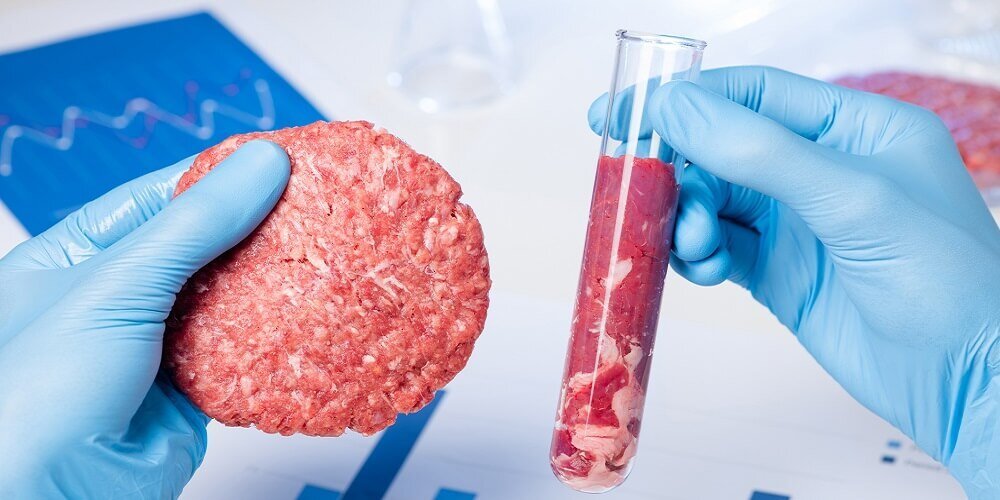
Why does this matter?
You may be thinking “why does this really matter?”. I mean sure, there’s some small differences between these words, but they pretty much mean the same thing – right?
As we’ve discovered, these small differences are actually quite substantial and need to be recognized and valued in order to accurately describe one’s diet and respect their food choices.
Any confusion on this issue can lead to misrepresentations, which then leads to mistakes being made. As a vegan, I would not want to be served a meal that is plant-based and thinking it’s vegan and afterwards finding out it contained small amounts of animal products.
Similarly, someone on a strict whole foods, plant based diet for health reasons may be angered when finding out their supposed whole food, plant based meal actually contains refined oils.
It is not only important to use these words appropriately from a dietary perspective, but also from a moral perspective. The terms ‘plant-based’ and ‘whole food, plant-based’ were coined in order to create separation from the term ‘vegan’ and the moral and ethical considerations attached thereto.
Conclusion
With the growing number of people choosing to eliminate or minimize their consumption of animal products, there will be more discussions around people’s dietary choices and whether people identify as ‘vegan’ or ‘plant-based’.
With this rise in popularity, it is important to remember that whilst these terms share similarities, there are some key differences which need to be acknowledged.
To summarize, being ‘plant-based’ is a diet based primarily on plant foods whilst avoiding animal derived products – with ‘whole foods, plant-based’ also avoiding highly processed and refined foods.
A ‘vegan’ diet consists wholly on plant foods and excludes all animal derived products. Moreover, ‘vegan’ extends to all aspects of one’s lifestyle choices and avoiding, as much as possible and practical, all forms of exploitation and cruelty to animals.
It is important to remember that people who adhere to a plant-based diet may not be ready or willing to abstain from all forms of animal cruelty for other aspects of their lifestyle. Accordingly, being plant-based’ is more flexible for people who desire to cut down on their animal consumption but aren’t yet reading commit to being vegan and the responsibility.
I hope this article has been helpful in clearly explaining the differences between ‘vegan’ and ‘plant-based’ in its various forms. So next time someone asks this question, you’ll now know what to say!
If you found this article, then please follow me on Facebook, Instagram and Pinterest and sign up to my Newsletter so I can share my knowledge on all matters of veganism with you. Together, we can continue to motivate each other and thrive with compassion living a vegan lifestyle! Also be sure to check out my easy and healthy vegan recipes to enjoy some delicious vegan meals today.
